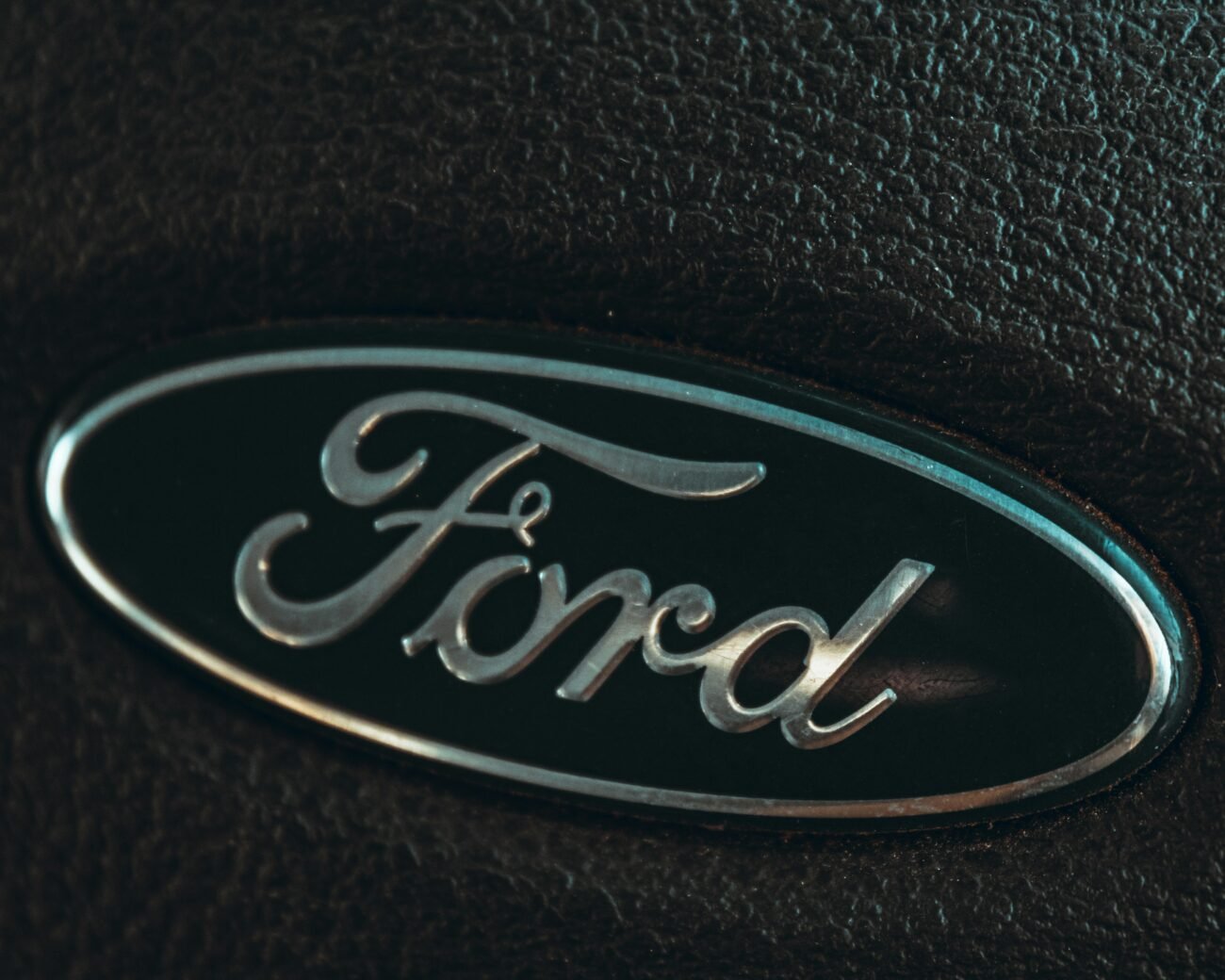Ford Recalls Over 850,000 Vehicles Due to Fuel Pump Defect: What Drivers Need to Know
What Sparked the Ford Fuel Pump Recall?
In a serious blow to consumer confidence and automotive reliability, Ford Motor Company has initiated one of its largest recalls in recent years. The company is recalling more than 850,000 vehicles across the U.S. after identifying a manufacturing defect in the low-pressure fuel pump, which can lead to unexpected engine stalling.
This defect poses a substantial safety risk to drivers and passengers, especially at highway speeds or in high-temperature environments. While Ford has confirmed that no crashes or injuries have been linked to the issue yet, it’s taking preemptive action before the problem escalates.
List of Vehicles Affected by the Recall
The recall spans a wide range of 2021–2023 Ford and Lincoln models, including several of the manufacturer’s best-selling lines. The full list includes:
Ford F-Series Trucks: F-150, F-250, F-350, F-450, and F-550
Ford SUVs: Explorer, Expedition, Bronco
Ford Mustang
Lincoln SUVs: Aviator and Navigator
This issue is tied to a specific batch of fuel pumps manufactured in Mexico, beginning in the summer of 2021. These components were found to deteriorate internally, raising the risk of vehicle shutdown.
Understanding the Fuel Pump Defect
The primary issue lies in low-pressure fuel pumps that may seize or degrade due to excessive friction or contaminated internal materials. When this happens, the engine may no longer receive consistent fuel flow, causing:
Sudden engine shutdown
Rough idling or difficulty accelerating
Illuminated check engine lights
Increased risk of collision, particularly during turns, merges, or high-speed travel
Ford warns that hot weather conditions and low fuel levels can exacerbate the problem, making it more likely for a stall to occur.
Ford’s Official Response and Remedy Plan
Ford has taken a phased approach to address the issue:
First Notification (Starting July 2025): Owners will receive letters informing them of the defect and advising caution until repairs are available.
Second Notification (TBD): A follow-up notice will be sent once parts become available, instructing vehicle owners to schedule free repairs at authorized dealerships.
While the fix is pending, Ford recommends keeping the fuel tank at least half full and being alert for symptoms of fuel delivery failure.
How to Know If Your Vehicle Is Impacted
Wondering if your car is part of the recall? Here’s how to check:
Visit the official NHTSA Recall Lookup and enter your VIN (Vehicle Identification Number).
Check Ford’s recall section on its official website.
Contact a local Ford or Lincoln dealership for assistance.
Ford will also send out physical recall notices by mail to all registered owners, but taking proactive steps is strongly advised.
Cost to Consumers? Zero.
Ford has committed to covering all costs associated with this recall. This includes:
Replacement of faulty fuel pump components
Labor charges
Any additional inspection or diagnostics required
If you’ve already paid out-of-pocket for related repairs, you may qualify for reimbursement. Hold on to your receipts and contact Ford customer service for claim instructions.
Context: Ford’s Recall Track Record in 2025
This marks Ford’s 89th recall of 2025, making it the most recalled car manufacturer in the U.S. this year, affecting nearly 5 million vehicles. Industry analysts have expressed concern over repeated quality assurance lapses—especially in critical components like brakes, steering, and now fuel systems.
Safety Tips Until Repairs Are Complete
While you wait for your service appointment, follow these best practices:
Keep your fuel level above 50%
Avoid long-distance travel until repairs are made
Pay attention to dashboard warning lights
Report any engine performance issues immediately
Final Thoughts: Be Proactive, Stay Safe
This recall highlights the delicate balance between innovation and reliability in the automotive industry. Ford’s decision to act early is commendable, but it’s now up to vehicle owners to follow through and ensure their cars are made safe.
Whether you drive a Ford F-150, a Lincoln Navigator, or a Mustang, if your model falls under this recall, take it seriously. Schedule your repair as soon as possible and drive cautiously in the meantime.
Your vehicle—and your safety—depend on it.


